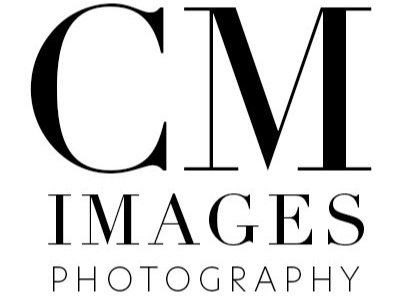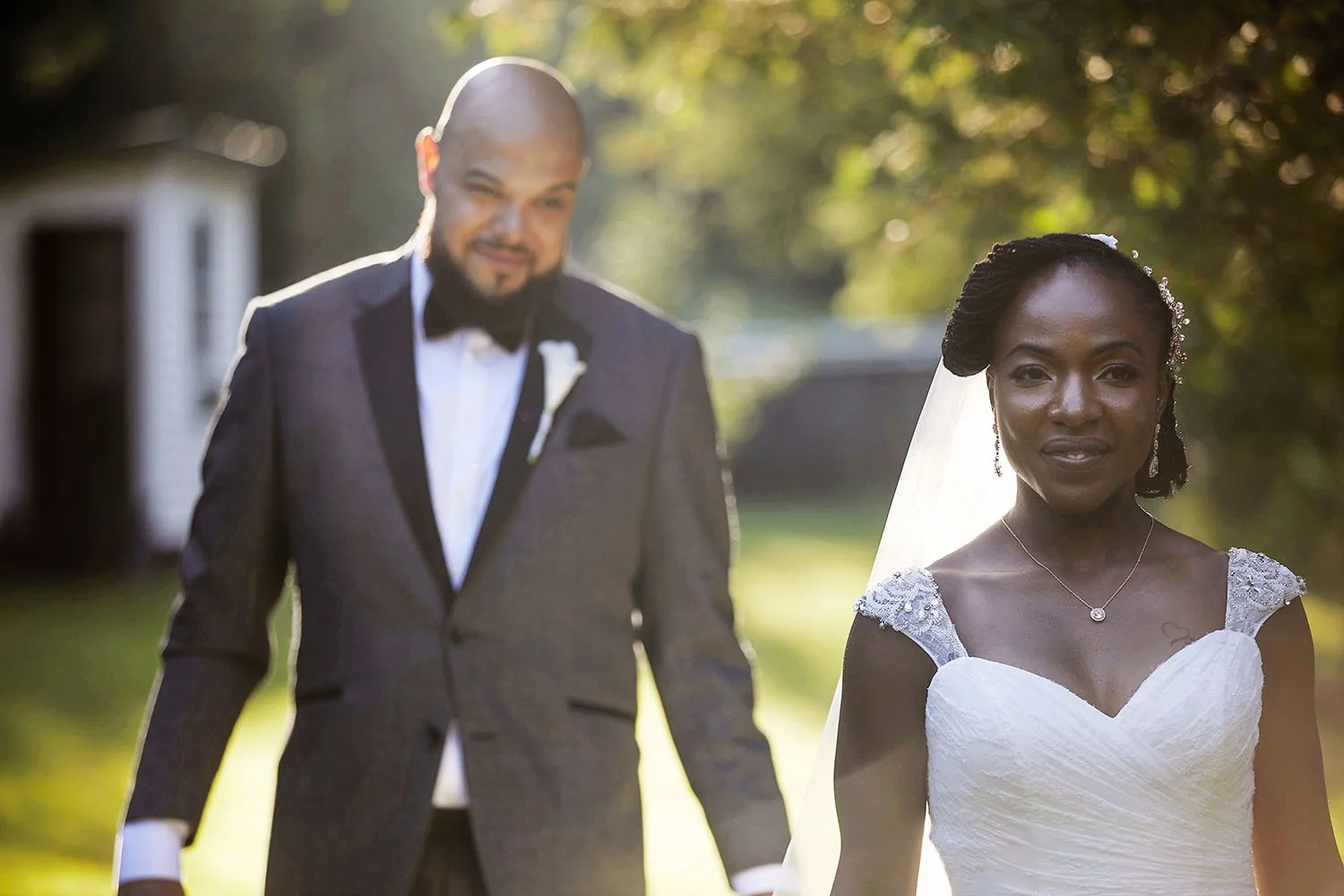How to choose a wedding photographer in Montreal.
Let the search begin
In my last post I gave some survival tips for newly-engaged couples about to brave the wild and savage frontier known as the Bridal Show. This time, I thought I might go into a bit more detail when choosing a particular vendor: your wedding photographer. This is an area I have a bit of expertise in, so I should make for a decent guide. There are a few things to consider when choosing a wedding photographer. The obvious one is price, but it’s not the only thing and may not even be the most important. Artistic style and personality matter a lot more than many people realize.
Wedding Photographer Style
At the most recent wedding show I did, I asked many of the people one question that seemed to catch them off-guard: “What style of photography are you interested in?”. The majority of them gave me the same response: “There are styles?”. It was the first time that the idea of different styles of photography had occurred to them, and that isn’t surprising. This is, after all, the first time many people will be exposed to wedding photography beyond looking at other people's photos on Facebook. Remember that photography is an art. Like any art, there are differences in philosophy and approach that lead to different styles and end results. I consider there to be four basic styles of wedding photographer: classic/traditional, contemporary/modern art, fine art/the weird stuff, and documentary/photojournalist.
Classic/Traditional
This is your parents’ wedding photographer. Someone who shoots in this style will spend a lot of time setting up his portraits. They will generally be very well-lit using portable studio equipment. While not the most exciting style of photography, I can guarantee that a traditional photographer’s work will be the kind of thing that transcends style. Take a look at your grandparents’ wedding photos if you get the chance. While they might not seem very exciting or stylish (or colourful), you can’t deny that they’re good photos that don’t appear tacky or outdated.Because a more traditional wedding photographer takes a lot of time to set up lighting and create the perfect pose, there tends to be less of the more spontaneous, candid shots in the finished collection of images. You won’t see a lot of funky, wide-angle shots. You will get safe but reliable compositions. Some examples of photographers I think of as being more on the traditional side are Whitehouse Wedding Photography and Candlelight Studio.
Contemporary/Modern Art
A wedding photographer who works in this style is, as the name implies, much more modern in their approach. They tend to pose their couples in more relaxed poses and place more reliance on the ambient light than a traditionalist. A traditionalist might point to the colour shifts and unusual lighting as imperfections in the image, but a modern artist considers them vital to creating a more natural feel. A modern artist will also be a bit more playful in their posing. I’d say that a large portion of today’s photographers fit this category, such as LeLuxe Photography and Fotoimpressions.
Fine Art/The Weird Stuff
Fine art photography is really about the art itself as much it is about capturing a wedding. Most fine-art photographers don’t shoot events, but some do. I found a set of underwater images from Fine Art Studio that seemed quite artsy to me. They weren’t actually shot on the day of the wedding, but you get the idea. There are also a lot of shots from Perry Thompson that I consider to be fine-art wedding photography.
Documentary/Photojournalism
This is my style. Documentary wedding photographers (or wedding photojournalists) approach the day much more as an event to be recorded. The approach is similar to a journalist in that the idea is to tell a story, not create one. A documentary photographer will be much less hands-on in the way he sets up the shots. The idea is to allow the events to unfold as they would if the photographer weren’t there. You’ll find that the posed shots are much more casual and camera-unaware. There is also a much heavier emphasis on candid photos than on more controlled portraiture. For examples of this style you can certainly browse my portfolio, but you can also take a look at Mike Colon and Mark Wallice.
Personality
The photographer you choose might have amazing work, but that’s not all that matters. You have to remember that you’re going to be spending the entire day with this person. If it’s someone you just don’t get along with it’s going to be a long day for everyone. It’s very important that you meet with the photographer in person before the wedding to get to know this person. You should also ask a lot of questions. If you need some help figuring out what to ask, take a look at my wedding photography F.A.Q. page, here.Many couples opt to have an engagement session, and this is a perfect chance to get to know your photographer as an individual as well as an artist. Chances are she’s going to conduct the engagement session the same way she’ll shoot the wedding, so if it goes well then it’s safe to say that you will be fine on the wedding day. If you discover that you can’t stand the photographer during the engagement session, you’ve got plenty of time to look elsewhere. If a photographer offers you a free trial session (as we do) or even a free engagement shoot, take it! When I tell people about our trial sessions, I say that it’s like a test-drive, only for a photographer instead of a car. This way they get to find out that they hate me eight months before the wedding.
Price
Obviously this is something that everyone has to consider. Many people make this their primary, or even only, point of comparison, but that’s really a mistake. My suggestion is to find photographers whose style you like and who have a strong portfolio, and contact them to set up a meeting. Then you’ll be able to ask them all the questions you can think of to find out if they’re the right fit for you. When you get to the ones you decide that you really like, start talking price.Obviously some of them will be a lot more expensive than you thought and way out of budget. But there will be some that are well within range and even some who might be less than you though. No matter what, a smart photographer should be open to trying to work within your budget. Even if you simply can’t make the numbers work, a good photographer usually has a colleague or two who can help you out. Hopefully I’ve given you enough information to decide what you would like to ask! If there’s anything else you’d like to know about what you should know, feel free to leave a comment.





